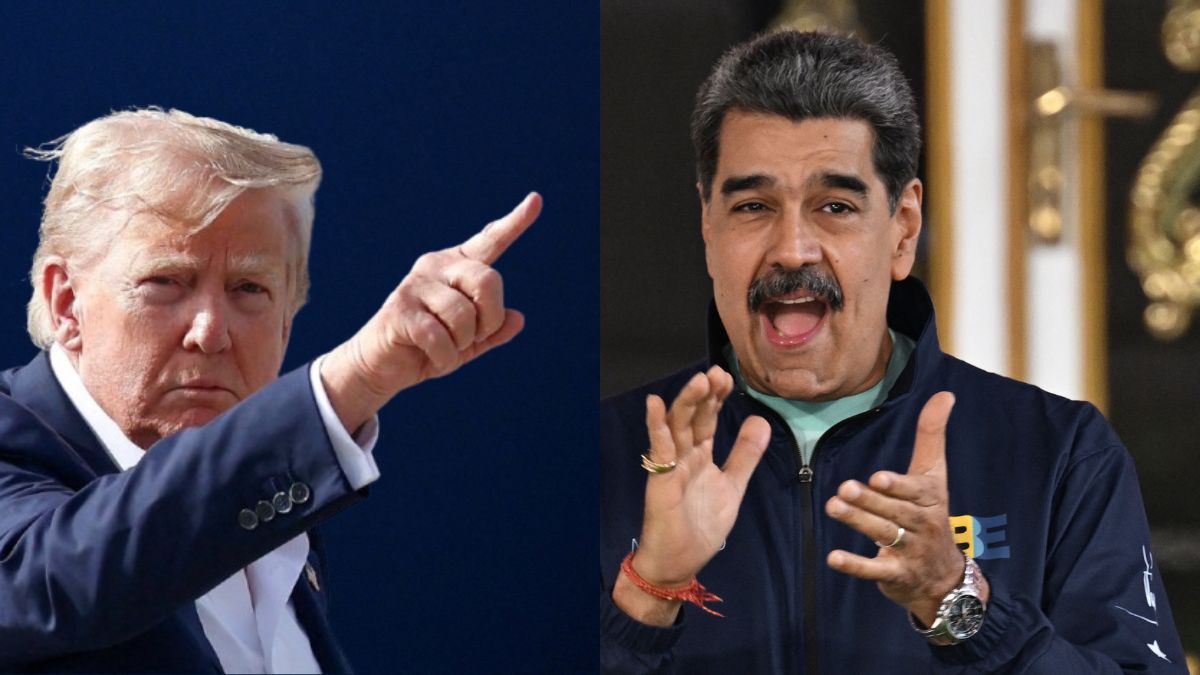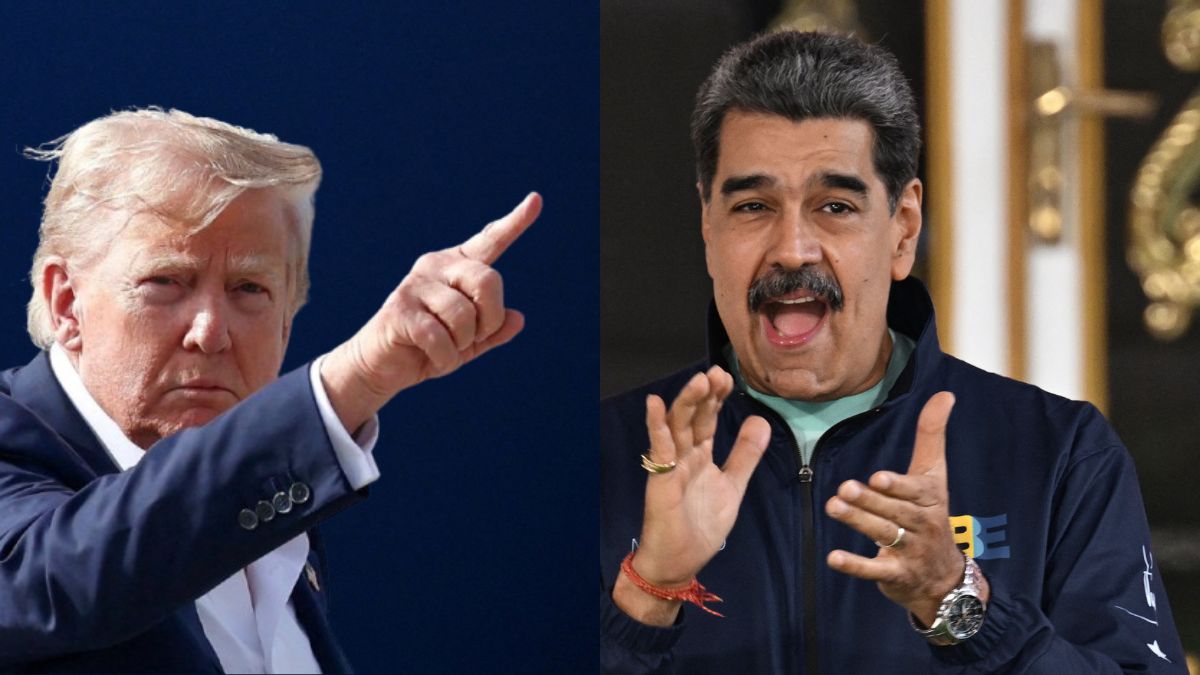A call with eight marketing team members listening, impassive, as the actor of his generation raves about a giant orange blimp drifting over Los Angeles and painting the Statue of Liberty ping-pong-ball orange to promote a film about a table tennis star in pursuit of greatness. This is what Timothée Chalamet and A24 paint for you as they embark on a deadpan, meta press run for Marty Supreme, Josh Safdie’s first solo film. The video, which plays like an office satire crossed with absurdist performance art, has already generated massive buzz.
In the clip, Chalamet pitches increasingly unhinged ideas with total seriousness, claiming his “visual artist worked for six months” on what turns out to be a simple orange square. Millions of views and countless memes later, the bit has expanded into a real-world campaign that is equally unhinged: Chalamet walking around New York flanked by men with giant ping-pong balls for heads, taking over Regal Times Square for a surprise 30-minute preview, a chaotic ten-minute Instagram Live, part music video, part fever dream, and yes, sending an actual orange blimp into the sky.
What makes all of this resonate goes beyond the absurdity, it’s the unmistakable sense that someone is genuinely enjoying the spectacle. It also taps into a broader cultural mood. Over the last decade, daily life has become defined by economic pressure, political stagnation, and a general sense of grinding seriousness. Even entertainment, once a shared escape, has splintered into dozens of micro-fandoms spread across an ever-expanding landscape of platforms and formats. In that environment, the appetite for something genuinely communal, and spontaneous has only sharpened.
Chalamet’s antics, from the helmeted entourage to the gonzo videos, work because they reject the idea that everything must be efficient, important or useful. Their value lies entirely in their frivolity. A blimp doesn’t promote a film better than a traditional ad campaign; it promotes it differently, by becoming a cultural moment people want to witness and share.
That sense of joy is clearest in the smaller stunts: a surprise basketball game with Adam Sandler and a group of high-schoolers, a box of Marty Supreme–branded Wheaties, a windbreaker drop announced only by a location pin and a casual “C u at 7” which drew an endless line of NYU students snaking around the block. Even the roster of people wearing that jacket—Tom Brady, Frank Ocean, Misty Copeland—adds to the feeling of a cultural moment spreading by delight rather than design. These aren’t targeted ads; they’re sightings. And what makes it land even more sharply is that these are people at the very top of their fields, subtly reflecting the film’s own fixation on the pursuit of greatness.
Chalamet’s approach also reflects a shift in what modern celebrity looks like. He is not performing the polished distance of earlier movie stars, nor the confessional transparency that defined the social media age. Instead, he operates as a kind of cultural instigator, someone who creates real-world happenings that people can step into, or witness. It’s a new form of celebrity behaviour: less about image, more about experience. It is spectacle without cynicism, absurdity without mockery. Chalamet isn’t demeaning himself; he’s inviting the public into a joke executed at blockbuster scale.
The widespread fascination with this campaign also complicates the long-repeated claim that the monoculture is dead. In reality, people still gather around shared cultural events, they just require a different kind of spark. Not necessarily massive budgets or global franchises, but a sense of play. A reason to look up from the feed and notice something happening in real time.
That might be why the Marty Supreme rollout feels so unexpectedly refreshing. When news cycles feel endless and algorithms flatten everything into sameness, a burst of collective silliness feels almost restorative. It turns marketing into a communal experience, a brief reprieve from doom-scrolling and grind culture.
Perhaps that is the true meaning of the orange blimp: a reminder that in a world where so much feels heavy and joy is scarce, even the silliest idea can become a cultural moment.


)
)
)
)
)
)
)
)
)



